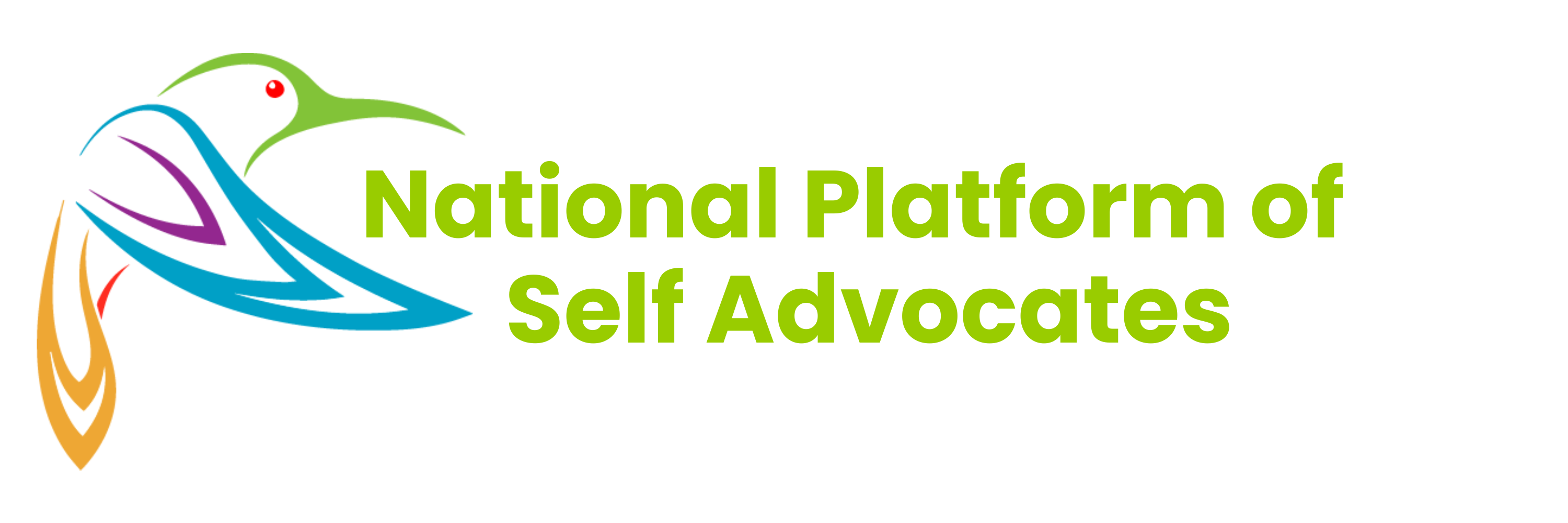People with disabilities have a lot of opportunities to get involved in government consultations because of the implementation of the UNCRPD. It is important to get involved so that we can ensure that policies and decisions are inclusive and address our needs effectively.
Here are some ways individuals with disabilities can participate in accessible government consultations:
1. Accessible consultation methods:
Governments should provide consultation methods that are accessible to people with disabilities. This includes offering alternative formats for written materials, such as braille, large print, or easy-to-read versions. Additionally, providing options for online participation, including accessible websites and virtual meetings with captioning and sign language interpretation, can facilitate involvement. This happens frequently now with consultations particularly in the Department of Children Equality Disability Integration and Youth, and the Department of Social Protection.
2. Engagement through disability organizations:
Disability organizations and advocacy groups play a crucial role in representing the interests of people with disabilities. The National Platform of Self Advocates represent people with intellectual disabilities in as many consultations as our time allows. We want ot support our members to take part in more consultations. We plan to will train our members how to do this.
3. Consultation on disability-specific issues:
Implementing the UNCRPD has meant that the government are opening consultations about a lot of issues that affect people with disabilities. It is important that individuals and groups use these opportunitites to inform policy makers of the lived experience of disability.
4. Raising Awareness:
Governments have to use many channels to inform people of consultations. In additon to telling people about consultations they need to tell people what they are about. Raising awareness about the importance of participation in consultations can encourage greater engagement among individuals with disabilities.
5. Reasonable accommodations:
Governments should provide reasonable accommodations to facilitate the participation of people with disabilities in consultations. This must include giving sufficient time to people with intellectual disabilities to understand what the consultation is about. We need support to help us understand and we need time to think about the information.
6. Inclusive consultation design:
When designing consultation processes, governments need to consider the diverse needs and preferences of people with disabilities. This may involve consulting with disability experts or advisory groups to ensure that consultation methods are inclusive and accessible to all. The National Platform have provided advise on consultations.
